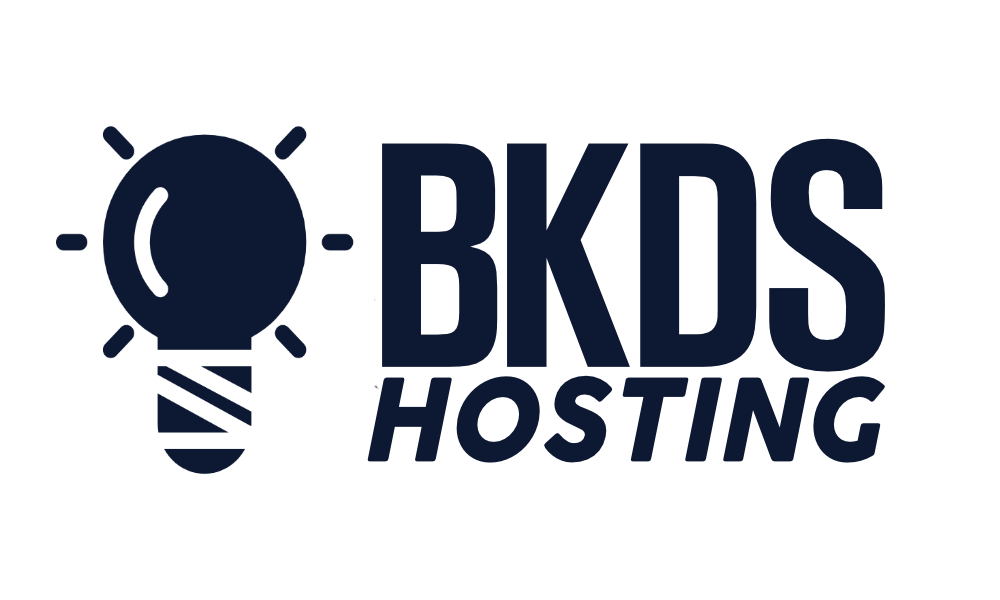In the digital age, the security of small businesses hinges significantly on the integrity of their online presence. Website hosting services, often overlooked, are vital in this aspect, offering varying degrees of protection based on the type of hosting chosen. While most are familiar with terms like shared hosting, dedicated hosting, managed hosting and VPS hosting, the intricacies and implications of these choices in terms of security, are often less understood. This conversation intends to unpack these complexities, offering insight into essential security features such as data backups, malware detection, DDoS attack prevention, among others. A profound understanding of these aspects could very well be the difference between a resilient online presence and a devastating security breach.
Understanding Web Hosting Types

To comprehend the diverse landscape of web hosting, it's essential to delve into the distinct types of hosting services, which include shared, dedicated, managed, and VPS hosting, each uniquely tailored to meet specific site needs and align with varying levels of technical ability.
In shared hosting, multiple small businesses and personal websites are hosted on the same web hosting server, making it a cost-effective solution for beginners. Conversely, dedicated hosting provides an entire server for your site, offering more power and control but at a higher cost.
Managed hosting is an ideal solution for those who prefer hands-off management. Here, the web hosting service provider handles security and maintenance, ensuring website security and smooth operation. This eliminates the need for businesses to deal with these aspects, allowing them to focus on core operations.
VPS hosting, on the other hand, offers a virtualized environment with dedicated resources – a middle ground between shared and dedicated hosting. Web hosting companies regularly update these services to provide secure web hosting and to keep up with technological advancements. Understanding these different types of hosting is crucial in choosing the right web hosting service for your specific needs.
Essential Security Features Overview
Navigating the labyrinth of website hosting services, one must pay particular attention to the essential security features that protect against potential threats and ensure data integrity. A secure web hosting service provides comprehensive solutions that are critical to safeguarding your website and business data.
Three key security features to consider are:
- Data Backups: Regular, automated backups ensure that your business data is safe and recoverable in the event of data loss. This feature is indispensable for maintaining business continuity and customer trust.
- Malware Detection and Removal: Hosting services should offer robust tools to detect and eliminate malicious software. These tools help protect your website from being compromised and used for malicious activities.
- DDoS Attack Prevention: DDoS attacks can cripple your website's server, causing significant business disruption. A hosting service should provide measures to detect and mitigate such attacks, preserving your site's availability and performance.
Additionally, advanced hosting services provide hardware protection and network monitoring. These features enhance server security and enable early detection of potential threats. As businesses increasingly rely on digital platforms, choosing a hosting service with comprehensive security features is paramount for navigating the web securely and efficiently.
Implementing Access Protection

Implementing robust access protection is a critical step in securing your hosting environment, involving measures such as restricting user access to sensitive information, choosing a secure operating system software, and enforcing complex passwords. This is a staple in the Web Hosting Security Best practices, as it directly influences the security measures your hosting plan can successfully implement.
Utilising security protocols such as SSL certificates to encrypt data is paramount. This ensures that data between your server and users is secure, maintaining the integrity and confidentiality of sensitive data.
In the realm of server security, it's advisable to use SFTP instead of the traditional FTP. Secure FTP (SFTP) offers an additional layer of security, encrypting the data during transmission and safeguarding it from potential threats.
Malware detection is another pivotal aspect of a secure hosting environment. Utilising advanced monitoring tools that can spot and remove malware is essential to maintain a healthy and secure server environment.
Lastly, choosing a secure operating system software is crucial. This acts as the foundation of your hosting environment, determining the level of access protection you can achieve. By following these guidelines, you can arm your hosting environment with a solid line of defence against potential threats.
Defending Against Cyber Attacks
While a robust access protection strategy forms the basis of server security, an equally vital aspect is the proactive defense against cyber attacks. Defending against cyber attacks involves implementing advanced security measures on your website hosting service to ensure your data is safe.
- Implement Security Best Practices: Regularly update and patch server software and applications. This mitigates known vulnerabilities that hackers could exploit. Use strong password policies and multi-factor authentication to prevent unauthorized access. Encrypt data to enhance robust security.
- Detect and Mitigate DDoS Attacks: Utilize monitoring tools to identify and mitigate Distributed Denial-of-Service (DDoS) attacks. These tools not only provide real-time alerts but also help in the formation of proactive measures to combat future attacks.
- Web Application Firewall (WAF): Implement a WAF to block common attacks such as cross-site scripting (XSS) and SQL injections. Educate website owners on the importance of uploading only safe files to their hosting accounts.
Choosing the Right Hosting Provider

Selecting the optimal hosting provider is an essential step, necessitating an in-depth analysis of various factors including future scalability, service variety, control panel, uptime, technical specifications, online reviews, security measures, and customer support. This is especially true for small businesses and personal websites, which require a reliable web hosting service to maintain online visibility.
Choosing the right hosting provider can be daunting. However, the best web hosting providers for small businesses offer a variety of hosting plans, each designed to cater to specific needs.
| Criteria | Importance |
|---|---|
| Future scalability | Ability to upgrade hosting plans as the business grows |
| Service variety | Ensures the website hosting company can cater to diverse needs |
| Customer support | Availability of technical support to resolve issues promptly |
The control panel is crucial as it offers a user-friendly interface for website management. Uptime guarantees site accessibility, while technical specifications such as bandwidth and storage space determine site performance. Reading online reviews provides insights into the hosting provider's reputation. Lastly, robust security measures are essential in protecting your website from cyber threats. In conclusion, to ensure the success of your website, careful consideration is required when choosing a web hosting company.
Conclusion
In conclusion, website hosting services serve as a major line of defense for small businesses against cyber threats. Different hosting types offer varying levels of protection, necessitating a careful selection based on business needs and budget. Emphasizing on essential security features such as data backups, malware detection, DDoS attack prevention, and access control ensures robust website security. Ultimately, the choice of a competent hosting provider plays a pivotal role in safeguarding small businesses' digital assets and maintaining their online presence.

